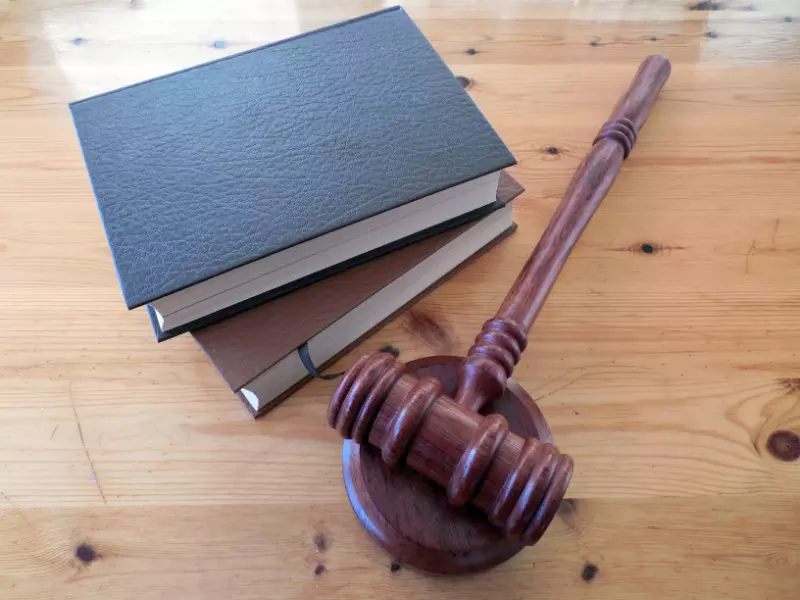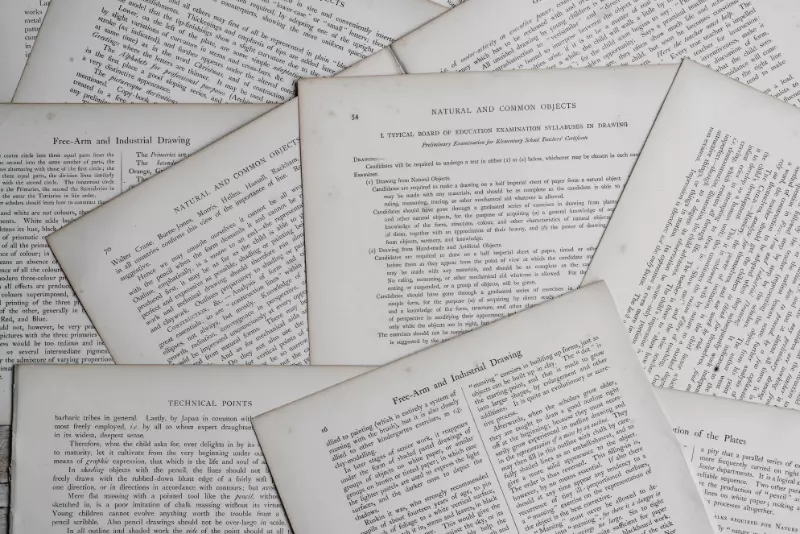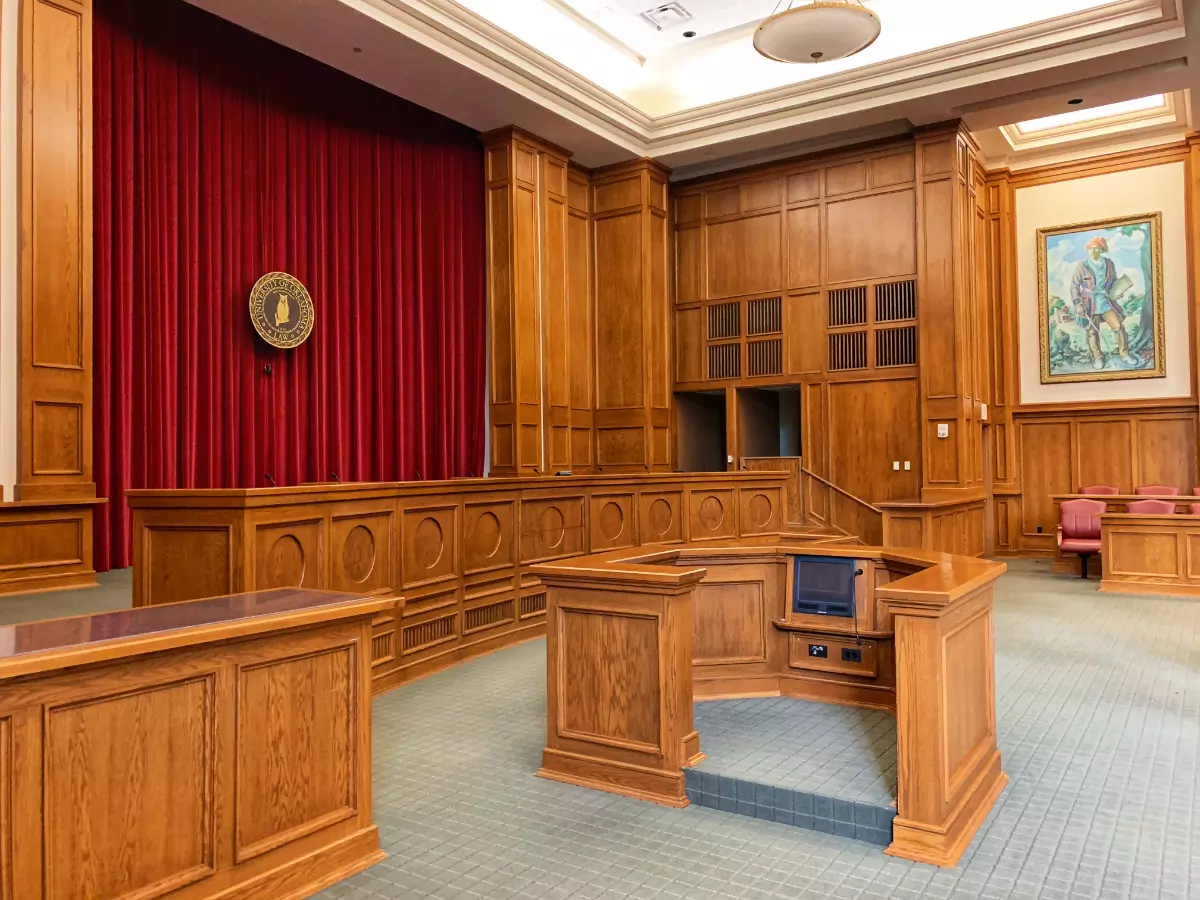Have you considered what qualifies someone as expert witness in the UK? Kent Property Witness offer RICS expert witness surveyor services for Tonbridge and Kent. We look at what an expert witness can do for you.
An expert witness is...

An expert witness is essentially anyone who has the knowledge or experience in a particular field or has a discipline beyond that of a normal person.
An expert witness must provide the Court or tribunal with an impartial opinion based on evidence on particular aspects of the dispute as long as they are within their ability.
In many jurisdictions, including England and Wales, the Court must permit expert witnesses to be allowed. An expert witness is not the same as an expert advisor.
The expert advisor does not have an overriding to the court system. They only provide advice for the party, instructing them and help them prepare for a claim or defence.
an expert witness will:
- The expert witness should provide an independent expert opinion with their expertise on the subject matter in question and according to the instructions provided by the Court.
- The expert witness must also provide a report or evidence for the Court or tribunal as required. The report is essential. Otherwise, the expert witness is not usually allowed to give any evidence without it.
- The expert witness must also provide all forms of information within the report and ensure the report contains the information required per the court rules. If this is done, you must also make a copy which will be provided to the other parties team, and as such, their report will be given to you for a look over.
- An expert witness must comply with any court or tribunal orders given during the case and any procedural rules that are applicable at the time.
- An expert witness must also provide truthful, independent and impartial opinions on the matter in question. These opinions that you provide the Court must not be influenced whether they suit your team's goals or not.
- They must be impartial. Although one party may pay the expert witnesses fees, their overall duty is to the Court and nothing else. Changing or providing false evidence in your report is a serious crime and could affect the court ruling in certain matters. The court expects all expert witnesses to be impartial and independent in their reports, and anyone who is or is seen to be one-sided in the questioning or reports will be removed.
the expert witness will not:
- An expert witness should never be an advocate and argue the case in question for a party. This should reside with the parties legal team and not with an expert witness.
- An expert witness is essentially used for their knowledge and experience within a specific field. They should not provide an opinion on matters that go beyond their expertise.
- An expert witness is supposed to be impartial. They should never accept an appointment if there is a conflict of interest on either side (unless this can be resolved through disclosure and agreement).
- The role of an expert witness is only to provide evidence and opinions in matters the court has asked for. As such, they should not provide advice on any matters.
- There should not be terms attached to the appointment of an expert witness, such as it being conditional on winning etc. If it is seen you have a higher fee conditional on the success of the case, you might be seen as being partial to one side and not independent.
- The expert witness should also not act as a negotiator for either side to ensure they are fair. This job should only be given to the legal team or other advisers.

types of expert witness
Within the jurisdiction of England and Wales, there are three types of experts used in cases. These include:
Party Appointed Expert (PAE): The party-appointed expert is an expert witness appointed and instructed by one of the parties involved with the dispute. The primary duty of the party-appointed expert is to assist the court on any subject matter within their expertise. Also, the PAE's duty towards the court overrides any duties for the party that hired them.
Single Joint Expert (JSE): The single join expert is rather similar to the party-appointed. However, instead of the expert witness being paid and instructed by one party, both parties involved with the dispute will pitch in. With that being said, their overall duty still belongs to the courts and the judge.
Expert Adviser (Shadow Expert): The expert or shadow expert is appointed by one of the parties to help advise the legal team on the dispute. This type of expert is not covered by the Civil Procedure Rules and therefore does not have any duty towards the court and will not provide evidence in normal situations.
The role of a witness
A witness can be crucial for a case. In many court cases, the evidence of facts provided by the witness will be used for the court's decision. For the witness to provide evidence, they are generally asked to attend the court, swear an oath/affirmation and enter the witness box to provide their evidence orally in court.
Within England and Wales, the court's rules of procedure also allow the court to rely on written, sworn witness statements instead of calling the witness to provide the evidence orally.
For cases in Scotland, such statements must be given orally and on oath before a commissioner appointed by the court. They are only permitted if the witness cannot attend the trial due to certain circumstances such as old age, illness etc.
On the other hand, within Northern Ireland, it is quite rare for statements to be used for oral evidence from a witness. Each bit of information has given is evidence of the fact, and once the evidence has been given under oath, it then becomes sworn evidence or testimony.
For example, a surgeon or nurse might be asked to provide evidence of the fact as a witness to what they or someone else did.
This is different from what would normally be called evidence and is usually called hearsay evidence.
when is their opinion recieved in court?

Expert witnesses receive opinion evidence when the court requires additional knowledge or experience to form an opinion and judgment on a particular issue. The witness's opinion can only be admitted if the court is satisfied that the witness providing the opinion is qualified to provide the opinion, such as having the relevant knowledge or experience in the subject area. Witness evidence can play a crucial part in a courts case depending on the subject matter.
what is a Professional witness?
A professional witness has direct professional involvement in the case and is, therefore, able to provide factual evidence to the court. A professional witness is also professionally qualified in an area and can use their qualification to provide proper assistance.
Just like other expert witnesses, there will be times that the court or advocates for other parties wish to have you explain your reasoning behind specific findings made or action taken. In some instances, the witness might explain and use the evidence to back up their statements while providing as much help as possible.
what is an expert witness?
An expert witness is someone with the knowledge or experience within a particular subject or has discipline beyond the average person in this field. An expert witness is generally qualified by their knowledge and or experience in the subject area in question and will provide an opinion to the court to assist with their decisions and judgements.
When the expert witnesses provide their opinion, this is called expert opinion evidence. Expert opinion evidence is used when the court does not have the proper knowledge or lacks the experience to provide a fair and equal ruling as a whole.
For compiling their expert reports, the expert witnesses are sent all the relevant witness statements and reports. They will have all the evidence before providing their findings to the court (except in Scotland, their rules are slightly different).
Are you looking for advice about hiring a property expert witness? Contact us and give us a call about any information or advice about property assessments.

